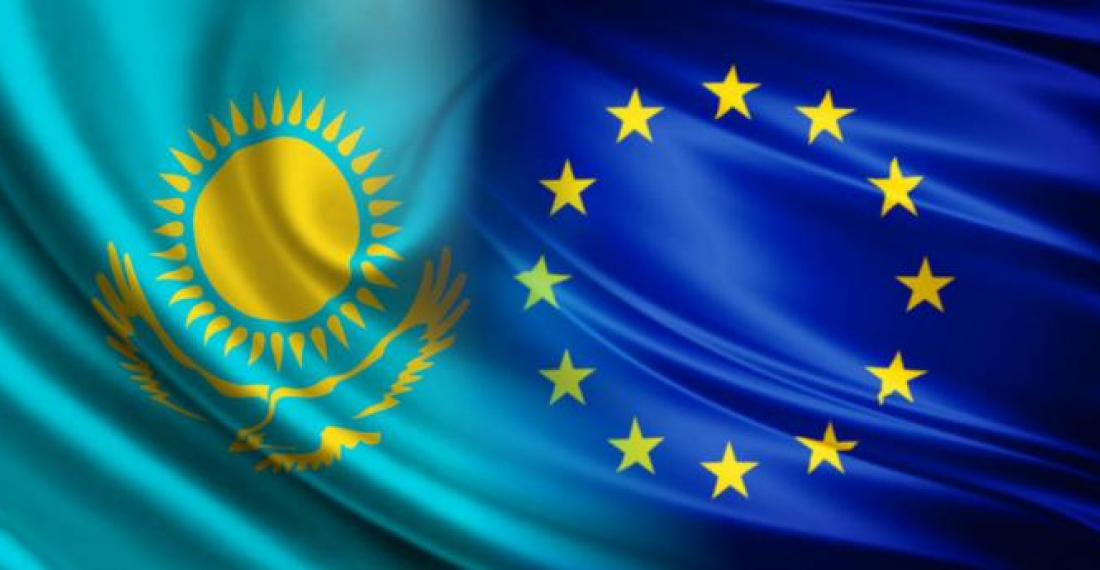The European Union has commented on the results of the 20 November presidential election in Kazakhstan.
In a statement it said:
We welcome their efficient preparation as well as wider political and socio-economic reforms initiated by President Tokayev after the tragic January events. The development of resilient democratic institutions and a strong civil society is key for Kazakhstan’s stability and development.
The EU takes note of OSCE/ODIHR’s preliminary conclusions stating that the election took place in a political environment lacking competitiveness. We call for Kazakhstan’s authorities to strengthen the reform process to increase political pluralism and citizens’ participation in political life. Looking ahead, it will be crucial for Kazakhstan to implement fully the OSCE/ODIHR recommendations.
The EU will continue to work with Kazakhstan in line with our Enhanced Partnership and Cooperation Agreement (EPCA), and to support the implementation of important reforms, to enable a fully transparent and competitive political environment as key steps towards a new democratic and fair Kazakhstan.
Kazakhstan is an important and valuable partner of the European Union. We share an interest to develop our cooperation further as we prepare to mark 30th anniversary of the establishment of diplomatic relations in February 2023. We remain committed to the universal principles of sovereignty and territorial integrity in line with the UN principles, as well as international security, fundamental freedoms and human rights.







